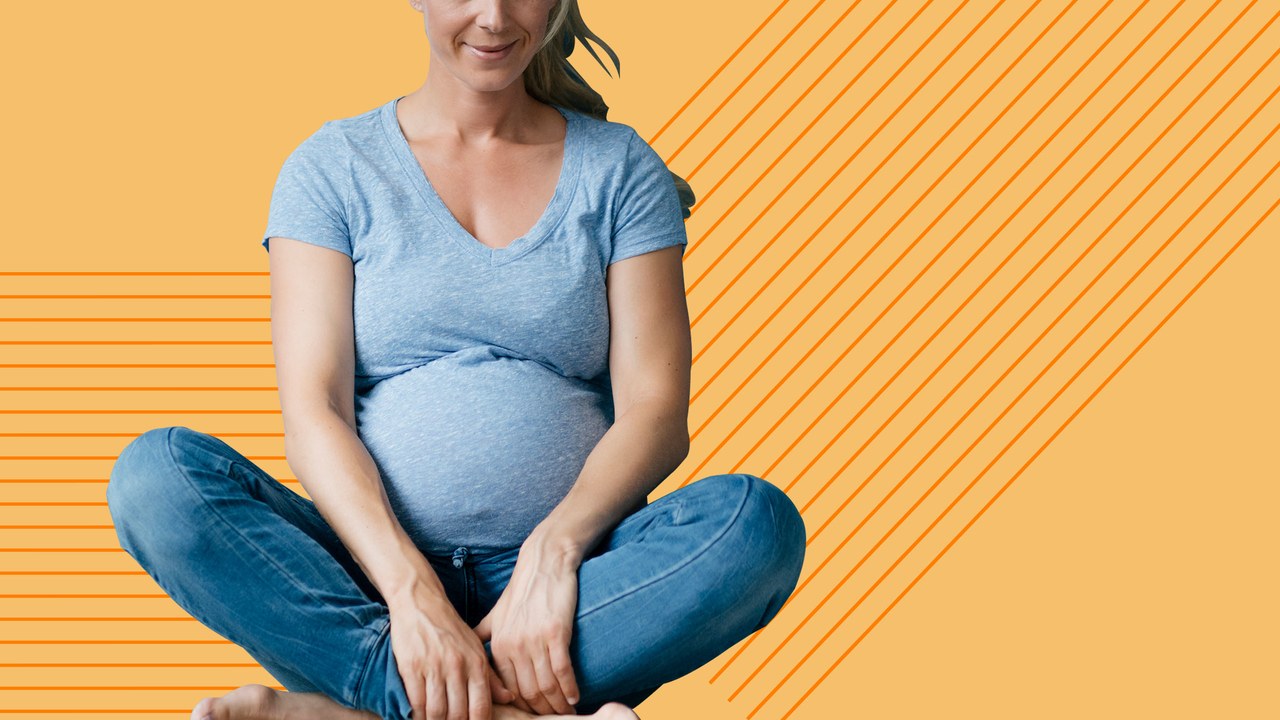Becky S., who was 35 when she got expecting, suggests she’s observed that her age comes up a lot when she visits her ob-gyn much too. “I imagine it’s form of funny,” she says. “The medical doctors chuckle about it as well. It would seem absurd.” She suggests she has a lot of buddies who have had toddlers in their forties: “I constantly considered I was form of a younger mother.” But there are threats to becoming pregnant at an “superior” age. Serman had testing accomplished for Down syndrome, which the American Congress of Obstetricians and Gynecologists suggests for expecting women of all ages 35 and up and states she was “really stressed” about the outcomes specified all that she experienced heard about a getting an improved risk of a newborn with the situation because of to her age. “When they called me to say that all the things looked fantastic, I practically cried,” she suggests. “I was really fearful.”
Kate also remembers staying fearful about her risk of possessing a baby with overall health troubles. She and her partner experienced a “really intense” meeting with a genetic counselor at the hospital through her pregnancy, who laid out her start-defect dangers in a way that freaked her out. “If I had been supplied the alternative, I would have relatively not acknowledged,” she claims. “What’s the stage? You’re now pregnant. Is it truly essential to scare a person to loss of life?”
Possessing infants at an more mature age isn’t devoid of its threats. The odds of obtaining a baby with birth defects do increase with age, but it’s a steady increase—not something that instantly spikes at 35. “It’s not like everything is great at 34 and then a thing terrible happens at 35,” suggests Lauren Streicher, M.D., an associate professor of clinical obstetrics and gynecology at Northwestern College Feinberg College of Medicine.
Older mothers are at a higher hazard of obtaining a miscarriage, gestational diabetes, and substantial blood force than their youthful counterparts, suggests Christine Greves, M.D., a board-licensed ob-gyn at the Winnie Palmer Clinic for Ladies and Babies. There’s also a increased possibility of down syndrome. Gals who are 35 have a a person in 350 prospect of acquiring a newborn with Down syndrome, per the Countrywide Down Syndrome Society, which provides up a chart that breaks down a woman’s hazard by her age. Many thanks to advancing technological innovation, mothers can have noninvasive prenatal testing, which can convey to with 99 per cent certainty whether or not the baby has trisomy 21 (a.k.a. Down syndrome), trisomy 13 (a chromosomal issue involved with critical psychological disability and physical abnormalities), trisomy 18 (a chromosomal issue related with abnormalities in a lot of elements of the body), or other genetic difficulties, she says.
And, of study course, your fertility is gradually declining around time as perfectly. “I inform people that, biologically, girls are meant to have toddlers in their twenties, but I would never ever say that you have to have your infant before 35,” suggests Dr. Streicher. There is only so much you can do about your egg count and good quality as you get older—age is the number 1 determination of fertility—but Dr. Greves suggests taking in a nutritious diet plan, working out, and staying away from smoking to prep on your own for a healthier pregnancy.
If you do begin your household in your thirties and you want to have more than one particular kid, Dr. Streicher claims you must possibly program to have them nearer jointly than if you begun getting infants in your twenties. That claimed, do not freak out about innovative maternal age, in particular if you’re 35 or right around there. “I’m not looking at challenges so a great deal in women in their mid-thirties—they’re ordinarily more mature,” Dr. Streicher suggests.
